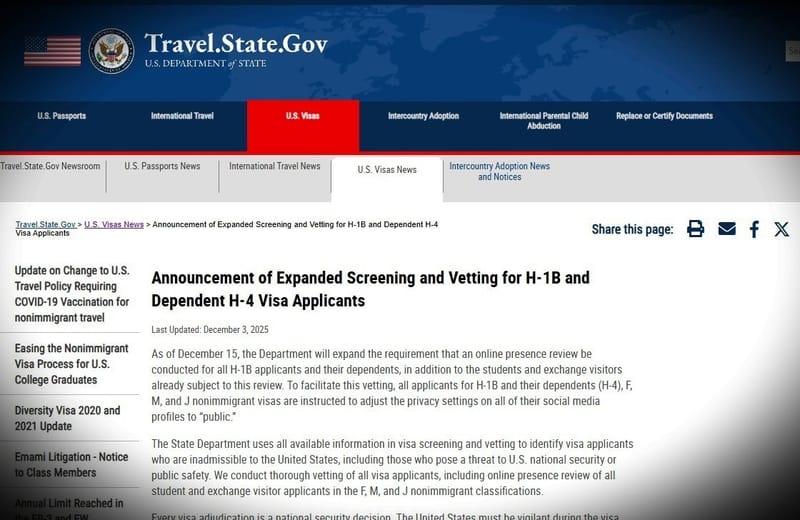Tata Technologies CEO: H-1B Visa Fee Hike Will Shift Future Resourcing Plans
For global tech firms, rising H-1B visa fees are prompting strategic shifts in workforce planning, prioritizing local hiring over traditional offshore models.

Subscribe to our newsletter and stay informed about latest H1B news, policy updates and and other developments.
Article Summary
Tata Technologies CEO Warren Harris stated that the US H-1B visa fee hike by the Trump administration has no short-term impact on the company. However, he noted it will necessitate changes in future resourcing plans. Harris highlighted Tata Technologies' global staffing model, with 70% local employees in each country, as a factor limiting its exposure compared to 'India-out' competitors.
Original Article: business-standard.com
[ Sentiment: neutral | Tone: factual ]
This summary and analysis were generated by TheNewsPublisher's editorial AI. This content is for informational purposes only; it does not constitute legal or immigration advice.
[ Sentiment: neutral | Tone: factual ]
This summary and analysis were generated by TheNewsPublisher's editorial AI. This content is for informational purposes only; it does not constitute legal or immigration advice.
TNP AI: Key Insights
This statement from Tata Technologies' CEO underscores a significant trend: the escalating costs associated with H-1B visas are directly influencing the long-term workforce planning of major global tech firms. It signals a strategic pivot for companies to prioritize localized hiring models, which could reshape the landscape for both H-1B hopefuls and employers navigating global talent acquisition.
For skilled professionals, this means a potential re-evaluation of career pathways, as companies may increasingly look to local talent pools in the US or explore opportunities in other countries with more stable visa regimes. Employers, particularly those with a significant H-1B workforce, should assess their staffing architecture to build resilience against future policy changes and rising costs.




